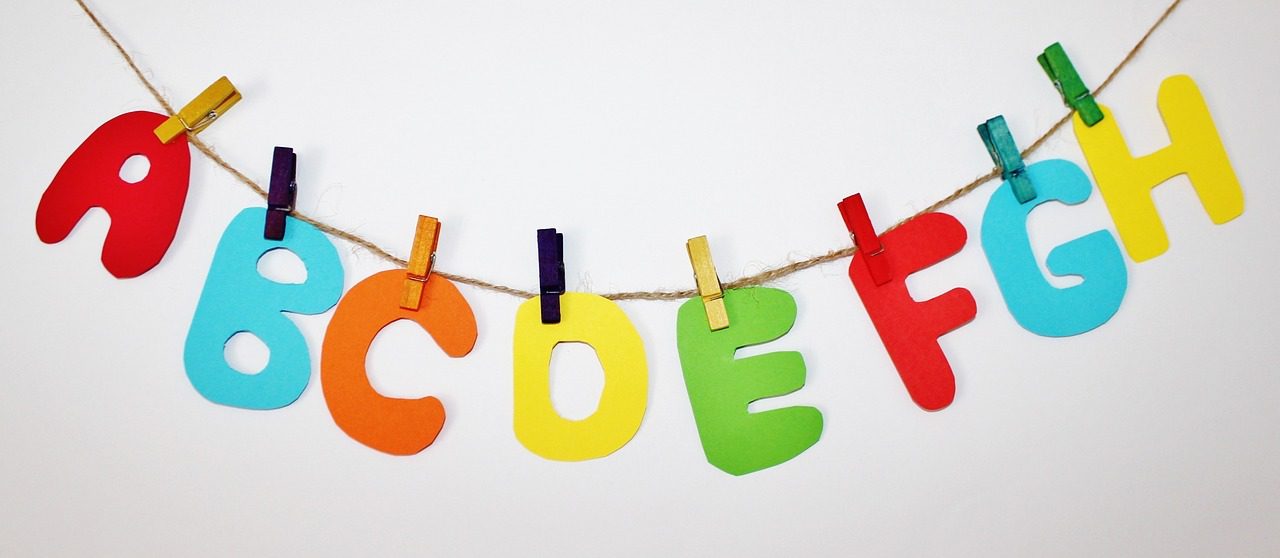Speech and language are important skills to have and important to develop as early as possible. However, certain events and circumstances can occur that can result in speech being delayed or entirely non-existent. In some cases, it’s obvious that speech therapy is necessary. In other instances, it might be a little harder to decide.
Fortunately, thanks to the solutions for speech pathology NDIS offers, everyone can find the assistance they need. If you aren’t sure whether or not a speech therapist is needed, or even whether it’s a good idea for your child, this article will tell you everything that you need to know. Let’s start by talking about the NDIS and why it’s such a great service.
Table of Contents
The NDIS and Your Children
The National Disability Insurance Scheme is a plan that was designed to provide financial solutions for those who have disabilities and need medical care as a result of their condition. The system allows participants to choose their care providers, including speech therapists and other occupational therapists, so that they can feel comfortable getting care without having to worry about the expenses.
For children, this is ideal. Several of these services could benefit their development in many ways. Unfortunately, not all children have access to the best care. The NDIS is changing that. If you think your child needs specialty care, you can contact your local coordinator to get more information or apply. If speech concerns have come up, keep reading for five signs that it may be time to seek the assistance of an NDIS speech therapist.
The Signs to Look For
Although they’re not always the same, there are some similar symptoms or signs that could indicate that a child may need speech therapy. Bear in mind that each child is different, and you will have to consider their unique needs but think of these as more of a guide to help steer you in the right direction. Most importantly, listen to your gut instinct and talk to your doctor anytime you think something may be going on that requires professional intervention.
Sign #1: No first words by age 1
If your child isn’t making a lot of sounds as an infant or isn’t using gestures, they may have some developmental delays. Of course, between 12 and 15 months is a varied time, and some children may be more expressive at this point than others. Typically, though, if a child can’t communicate single words or two-word combinations by the time they are 24 months old, it might be a sign that something is amiss.
Sign #2: Fewer than 50 words by age 4
Again, this depends on the child, but most children should have a vocabulary of at least 50 words by the time they are between two and four years of age. If they are still speaking unintelligibly or they don’t have a larger vocabulary, it might be something to have checked out. It’s not a guarantee that something is wrong because some kids have an impressive vocabulary and just don’t say much for one reason or another. However, it’s usually a good indicator to check things out.
Sign #3: Repeating the beginning of words
Also known as stuttering in its most severe forms, repeating the beginning of a word (such as “c-c-cat”) could be an indicator that a child has or is going to develop speech issues that require intervention. If they leave the ends off words or have a tendency to repeat sounds and words, it might also indicate that something is wrong with their speech development. This could be the result of several different issues, but regardless of the cause, a speech therapy for toddlers can generally assist with making improvements.
Sign #4: Unable to follow directions
A lot of people don’t realize it, but speech issues are often related to comprehension issues. If a child cannot speak a large vocabulary, it’s also likely they can’t comprehend that same vocabulary. If children struggle to follow instructions, they may not be defiant or have a learning disability per se, as much as they have a speech impediment that has resulted in their inability to comprehend what they are being told to do.
Sign #5: Your child struggles to use language in social situations
Just as with comprehending instructions, children who have speech issues may struggle to communicate in a social setting. This is either because they feel incapable, so they remain quiet, or their limitations prevent them from being understood, even though they are attempting to communicate in their own way. If you notice that your child isn’t great at talking to other children their age, it could be an indicator that you’ll want to at least keep an eye on. If not, talk to a speech therapist or occupational therapist about developing their social speech skills.

Better Safe Than Uncertain
Thanks to the NDIS, speech therapy is accessible and easy to find. Some people think they’re jumping the gun when it comes to getting speech therapy for children at an early age. However, early intervention has proven to be the most effective way to handle developmental issues. The best thing that you can do is get in touch with a speech therapist through the NDIS and talk to your child’s doctor about your options for addressing these concerns promptly.
In the fortunate circumstance that they’re just a little behind, you’ll have the peace of mind of knowing. And if they do need more assistance in their speech development, you’ll have caught it early and have a much better chance of a successful outcome.
Speech issues can impact all areas of a child’s life, including when they progress to adulthood. Addressing them early can resolve a lot of those potential issues and could even help identify other areas that need some attention. Contact us now to discuss your child’s speech development and whether they could benefit from an NDIS speech therapist.
Featured Image by Ulrike Mai from Pixabay




